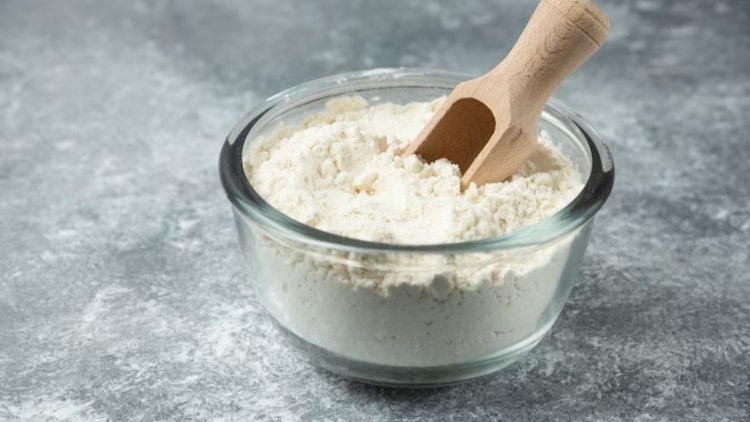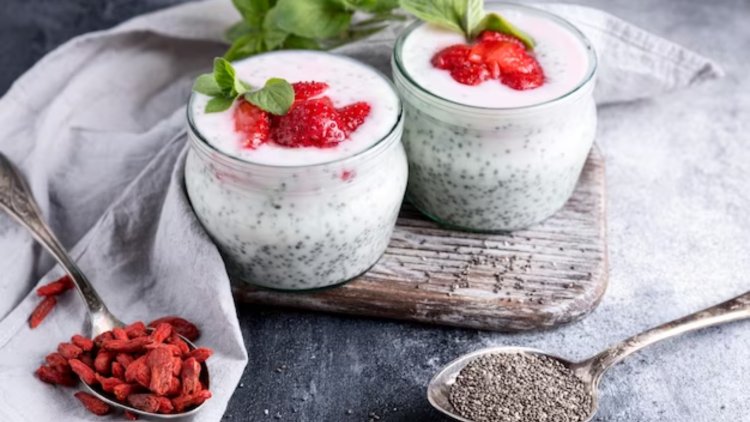Downsides To Protein Powder?
Discover the art of working smarter, not harder, to save time, money, and effort while boosting productivity. Practical tips inside!

Protein powder has become a popular supplement among fitness enthusiasts and athletes alike. It offers a quick and convenient way to increase protein intake, aiding in muscle building and recovery. However, before you scoop that next serving, it's crucial to consider the potential downsides of using protein powder. In this article, we will explore some of the drawbacks and risks associated with its consumption, as well as safer alternatives to support your fitness goals.
Common Side Effects of Protein Powder
1. Digestive Issues
While protein powder is a convenient way to meet your protein requirements, it may not always sit well with your digestive system. Many protein supplements contain additives like lactose and artificial sweeteners, which can lead to bloating, gas, and stomach cramps for some individuals. If you find yourself experiencing digestive discomfort after consuming protein powder, consider switching to a different protein source or opting for a more natural, whole-food-based protein option.
2. Allergic Reactions
Protein powders are often made from various sources, including whey, casein, soy, or egg proteins. As a result, some individuals may develop allergic reactions to specific protein types. Allergies can range from mild symptoms like skin rashes to severe cases of anaphylaxis, which require immediate medical attention. If you suspect you have an allergy to a particular protein source, discontinue use and consult with a healthcare professional for alternative protein options.
3. Unwanted Calories and Ingredients
Not all protein powders are created equal, and some may contain unnecessary ingredients or added sugars, leading to an intake of extra calories that may not align with your dietary goals. Always read the product labels and choose protein supplements with minimal and natural ingredients. If you're looking to avoid any unwanted additives, consider exploring other protein-rich food sources.
Impact on Kidney Health
There have been concerns raised about the impact of excessive protein consumption on kidney health, particularly for those with pre-existing kidney conditions. Protein powders, especially when taken in large amounts, may put strain on the kidneys, potentially worsening the condition. While more research is needed in this area, it's essential to consume protein supplements in moderation and consult with a healthcare professional if you have any kidney-related concerns.
Safety Concerns for Long-Term Use
The long-term effects of using protein powder as a dietary supplement are still not entirely understood. Some studies suggest that extended, high-dose protein supplementation could have adverse effects on bone health and overall metabolism. To mitigate any potential risks, consider incorporating a variety of protein sources into your diet and avoid relying solely on protein powder for your nutritional needs.
Alternatives to Protein Powder
If you're looking to steer clear of protein powder or want to diversify your protein sources, there are plenty of natural alternatives available:
1. Whole Foods
Incorporate more whole foods rich in protein into your diet, such as lean meats, fish, eggs, dairy, legumes, and nuts. These sources provide not only protein but also essential nutrients that support overall health and well-being.
2. Greek Yogurt
Greek yogurt is an excellent source of protein without the additives found in some protein powders. It's also rich in probiotics, which promote a healthy gut.

3. Quinoa
Quinoa is a plant-based complete protein that is versatile and easy to prepare. It's an excellent option for vegans or individuals with lactose intolerance.
4. Pea Protein
For those with allergies or following a vegan diet, pea protein offers a hypoallergenic alternative that provides a complete amino acid profile.
5. Collagen Supplements
Collagen supplements support joint health and skin elasticity while also providing an additional protein boost. They are especially popular in the beauty and wellness communities.
Conclusion
While protein powder can be a convenient and effective way to meet your protein needs, it's crucial to be aware of its potential downsides and risks. Pay attention to how your body responds to protein supplements and consider exploring natural alternatives to ensure a well-rounded and balanced approach to your fitness and nutritional goals. As with any dietary changes, always consult with a healthcare professional to make informed decisions that support your overall well-being.
 drseervi
drseervi 















